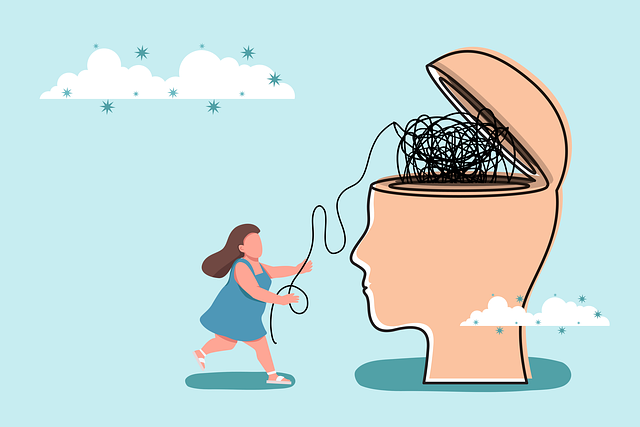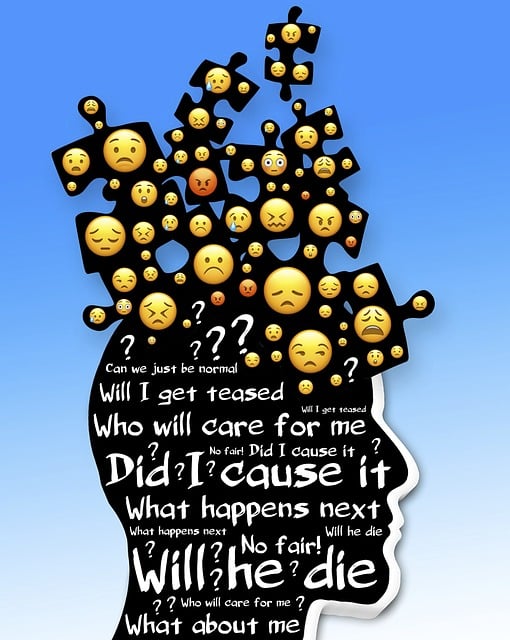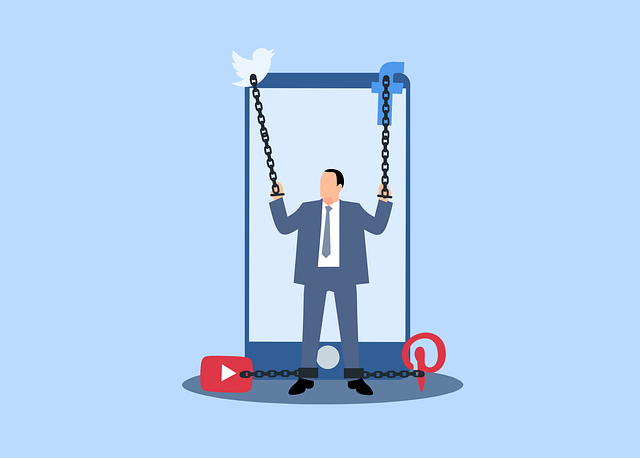Mental health crisis hotlines (24/7) provide immediate support through trained professionals offering various therapies, including play therapy for children and adolescents. These services empower individuals to manage crises, educate about mental wellness, and reduce long-term emotional distress. Access is simple via phone or text, with resources available on websites and apps. Specialized training ensures staff can offer tailored, effective assistance promoting diverse individual well-being.
In today’s fast-paced world, mental health crisis hotline support services play a vital role in fostering folks’ well-being. This article delves into the critical aspects of these life-saving resources, including an in-depth look at understanding mental health crises and the unique benefits of play therapy as a crisis intervention strategy. We explore practical steps to accessing these services and highlight the essential training and resources available for support providers. By empowering individuals with knowledge, we can enhance and optimize therapy for play therapy in times of need.
- Understanding Mental Health Crisis Hotlines
- The Role of Play Therapy in Crisis Support
- Accessing and Utilizing These Services
- Training and Resources for Support Providers
Understanding Mental Health Crisis Hotlines

Mental Health Crisis Hotlines serve as vital resources for individuals experiencing acute emotional distress or mental health crises. These 24/7 services provide immediate support and guidance, often acting as a lifeline for those who feel trapped or hopeless. Trained professionals answer calls, offering active listening and evidence-based strategies to de-escalate situations and promote emotional healing processes.
The effectiveness of these hotlines lies in their ability to offer accessible therapy for play therapy, crisis intervention, and suicide prevention. By facilitating open communication, they empower individuals to share their experiences and work through difficult emotions. Moreover, they play a crucial role in educating callers about mental wellness, providing practical emotional well-being promotion techniques that can be immediately applied, ultimately helping to mitigate the intensity of crises and foster better long-term mental health outcomes.
The Role of Play Therapy in Crisis Support

Play therapy offers a unique and effective approach to crisis support, especially for children and adolescents. Through engaging in play activities, individuals can express their emotions, work through traumatic experiences, and develop coping strategies in a safe and natural way. This therapeutic method recognizes that play is a fundamental human need and a powerful tool for self-care practices. By allowing clients to engage in imaginative play, art, or storytelling, therapists facilitate the exploration of feelings, resolve conflicts, and build resilience.
In times of crisis, play therapy provides an alternative avenue for communication, helping individuals process challenging emotions like anxiety, fear, and sadness. The non-verbal nature of play allows for a sense of control and can be particularly beneficial for those who struggle to articulate their thoughts. This approach not only aids in immediate stress reduction methods but also equips clients with valuable skills to navigate future crises, fostering long-term mental well-being.
Accessing and Utilizing These Services

Accessing mental health crisis hotline support services is a crucial step in times of distress. These 24/7 helplines offer immediate assistance and guidance, connecting individuals with trained professionals who can provide therapy for play therapy, self-awareness exercises, and mental wellness coaching programs development. Many hotlines also offer resources for journaling exercises as a means of enhancing mental wellness.
Utilizing these services is often as simple as making a phone call or sending a text message to a dedicated number. Websites and mobile apps associated with these hotlines provide clear instructions on how and when to reach out, ensuring accessibility for those in need. Whether struggling with anxiety, depression, or other mental health challenges, leveraging these resources can be a game-changer, offering the support needed to navigate through crises and foster personal growth.
Training and Resources for Support Providers

Support providers for mental health crisis hotline services undergo specialized training to equip them with the necessary skills to handle sensitive situations effectively. This training often includes an in-depth understanding of mental health conditions, crisis intervention techniques, and emotional support strategies. Many organizations also emphasize the importance of self-care practices among their staff, recognizing that caregivers must be well-supported to offer optimal assistance. The integration of Mind Over Matter principles, along with resilience-building exercises, is increasingly recognized as vital for maintaining a healthy work-life balance.
Additionally, providers are trained in play therapy techniques, acknowledging the significance of childhood experiences and trauma in shaping mental health outcomes. This therapeutic approach allows them to connect with younger callers on their level, fostering open communication and providing age-appropriate support. By combining these resources and training methods, crisis hotline services aim to offer comprehensive assistance tailored to diverse individual needs.
Mental health crisis hotline support services play a vital role in addressing immediate needs, offering crucial resources for individuals facing emotional distress. By combining traditional talk therapy with innovative play therapy approaches, these hotlines provide a unique and effective avenue for those seeking help. Accessing and utilizing these services is easier than ever, thanks to dedicated professionals who ensure accessibility. Ongoing training and resources for support providers further enhance the quality of care, making crisis hotline support a reliable game-changer in mental health management.














